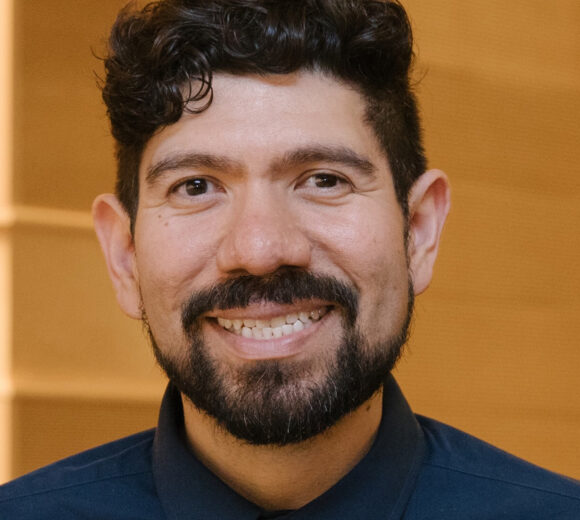Events
Saul Villeda, UCSF. “Blood-Based Approaches To Counter Brain Aging”

Aging drives cellular and cognitive impairments in the adult brain. It is imperative to gain mechanistic insight into what drives aging phenotypes in the brain in order to maintain, and even restore, functional integrity in the elderly. We, and others, have shown that systemic manipulations – such as heterochronic parabiosis (in which a young and old circulatory system are joined) and administration of young blood or exercise induced blood factors – can reverse age-related impairments in regenerative, synaptic and inflammatory processes, as well as rescue cognitive faculties in the aged brain. These studies have revealed an age-dependent bi-directionality in the influence of the systemic environment indicating pro-youthful factors in young blood elicit rejuvenation while pro-aging factors in old blood drive aging. It has been proposed that introducing pro-youthful factors or mitigating the effect of pro-aging factors may provide effective strategies to rejuvenate aging phenotypes in the brain. Despite this potential, much is unknown as to the systemic and molecular mechanisms regulating pro-youthful and pro-aging effects of blood-borne factors. I will discuss work from my research group that begins to provide mechanistic insight into the systemic and molecular drivers promoting rejuvenation in the aging brain.
Register for the Livestream
About the Speaker
Dr. Saul Villeda obtained his B.S. degree from the University of California Los Angeles and his PhD degree in Neuroscience from Stanford University. Dr. Villeda started his independent career at the University of California San Francisco as a Sandler Fellow, and is now an Associate Professor in the Department of Anatomy and Endowed Chair in Biomedical Sciences. He also serves as Associate Director of the Bakar Aging Research Institute launched in 2021. Dr. Villeda has made the exciting discovery that the aging process in the brain can be reversed by altering levels of circulating factors in blood. Dr. Villeda’s research is best known for the use of innovative heterochronic parabiosis and blood plasma administration approaches to investigate the influence that exposure to young blood-derived or exercise-induced circulating factors has in promoting molecular and cellular changes underlying cognitive rejuvenation. His work has garnered accolades that include a National Institutes of Health Director’s Independence Award, the W.M. Keck Foundation Medical Research Award, the Glenn Award for Research in Biological Mechanisms of Aging and the American Federation for Aging Research McKnight Innovator Award in Cognitive Aging. His work has also captured the public’s attention, featured on television, radio and news outlets, such as CNN, BBC, NPR, The Guardian, and the New York Times. Dr. Villeda’s discovery of a blood-based approach to brain rejuvenation has high transformative potential with wide ranging implications for counteracting age-related cognitive decline and associated dementia-related neurodegenerative diseases such as Alzheimer’s disease.



